The Pro-Vice-Provost’s view
By Paul Ayris, on 17 October 2017
European Commission’s Open Science Policy Platform
On Friday 13 October, I attended the European Commission’s Open Science Policy Platform (OSPP) in the Kultuurikatel (Creative Hub) in Tallinn, Estonia.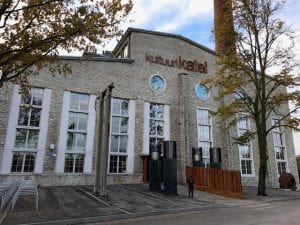 The Presidency of the Union is currently held by Estonia and the theme of the meeting was to discuss how Europe can embrace Open Science (Open Scholarship). Open Science is the movement to make scientific research, data and dissemination accessible to all levels of an inquiring Society, amateur or professional (Wikipedia). I was there as the representative of LERU (League of European Research Universities), of which UCL is a member.
The Presidency of the Union is currently held by Estonia and the theme of the meeting was to discuss how Europe can embrace Open Science (Open Scholarship). Open Science is the movement to make scientific research, data and dissemination accessible to all levels of an inquiring Society, amateur or professional (Wikipedia). I was there as the representative of LERU (League of European Research Universities), of which UCL is a member.
The agenda covered three Reports from Working Groups of the Platform, which commented on fuller reports from High Level Expert Groups. The three Reports were on Rewards, Skills and New Metrics. A substantial part of my role as Pro-Vice-Provost (UCL Library Services) is to seek to embed Open Science (Open Scholarship) approaches across the whole University. The three Reports were generally accepted. I hope that they will be published soon on the Commission’s OSPP website.
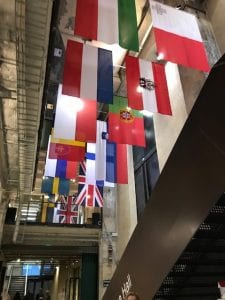 There are a number of high level issues which I will be taking forward in UCL in the wake of the discussions on Friday. Two are particularly relevant to the Library. First is Skills. The Skills Report identifies what new skills and knowledge are required from all colleagues in UCL to engage with Open Science (Open Scholarship). Two immediate deliverables from this will be (a) further engagement with the UCL Doctoral School and (b) the organisation of Open Science (Open Scholarship) Workshops in UCL to advocate for Open Science approaches.
There are a number of high level issues which I will be taking forward in UCL in the wake of the discussions on Friday. Two are particularly relevant to the Library. First is Skills. The Skills Report identifies what new skills and knowledge are required from all colleagues in UCL to engage with Open Science (Open Scholarship). Two immediate deliverables from this will be (a) further engagement with the UCL Doctoral School and (b) the organisation of Open Science (Open Scholarship) Workshops in UCL to advocate for Open Science approaches.
The second area of immediate interest to the Library is the Report on New Metrics. This document looks at how we identify success in an Open Science (Open Scholarship) world and what measures can be used to document that success. This has immediate interest for the UCL Bibliometrics Working Group, which is drawing up a Bibliometrics Policy for UCL with plenty of examples of good practice.
The OSPP will be producing further Reports in the coming months and I look forward to seeing these, particularly the Report on the future of Scholarly Publishing – as UCL is seen as a European leader in this field. Open Science (Open Scholarship) represents a real change in culture in how universities work, collaborate, share, engage with Society and are transparent in their activities. It will be an important journey in the coming months and years. Open Science (Open Scholarship) is already embedded in the forthcoming revision of UCL’s Research Strategy and will, I am sure, be an important part of the new Library Strategy.
Paul Ayris
Pro-Vice-Provost (UCL Library Services)
 Close
Close


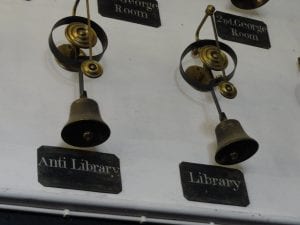
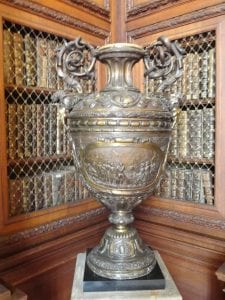
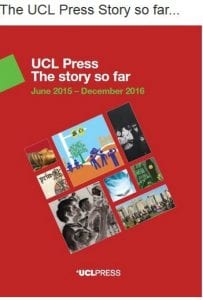

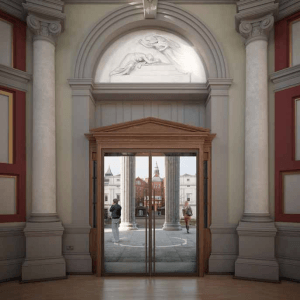
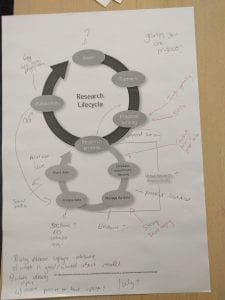

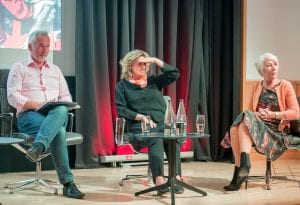


![Pyotr Vasilievich Mironov Collection [MRN]](https://blogs.ucl.ac.uk/libnet/files/2017/06/P1030885-Pyotr-Vasilievich-Mironov-Collection-MRN-300x225.jpg)

